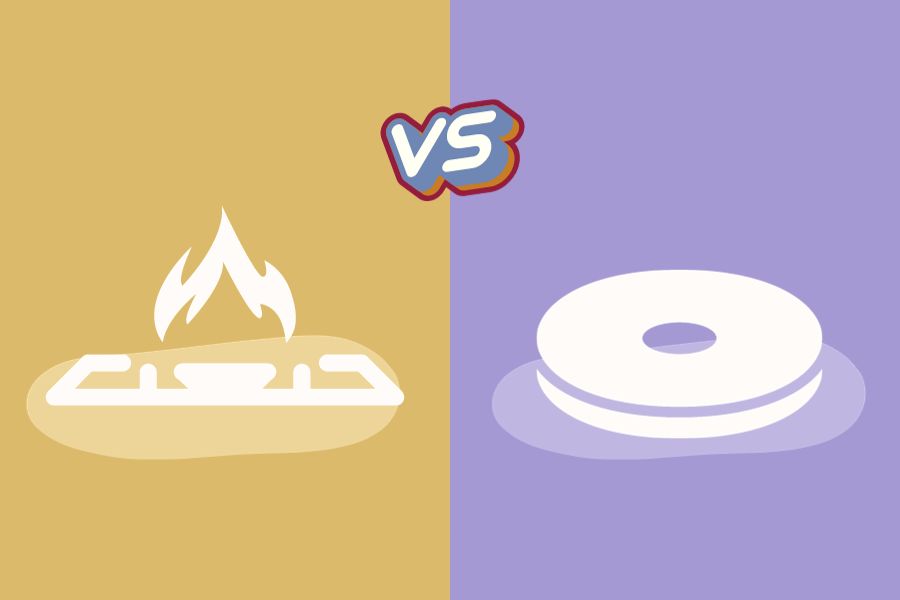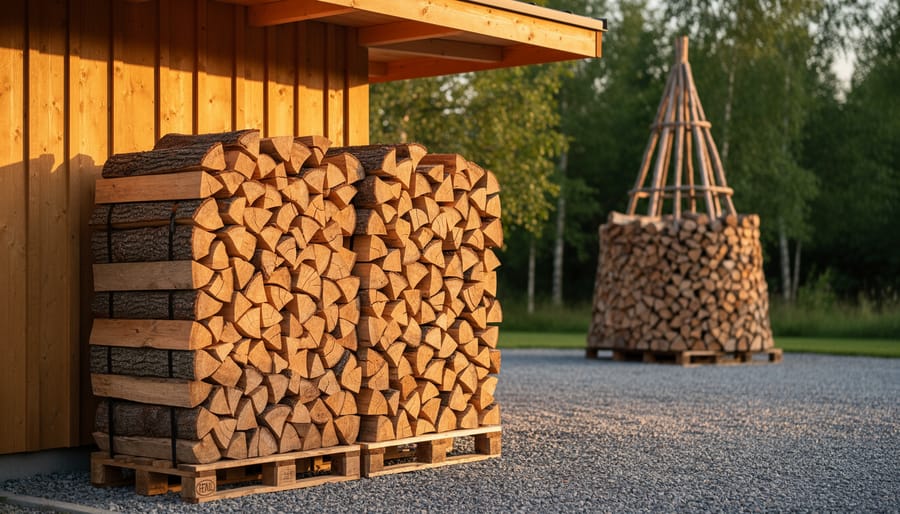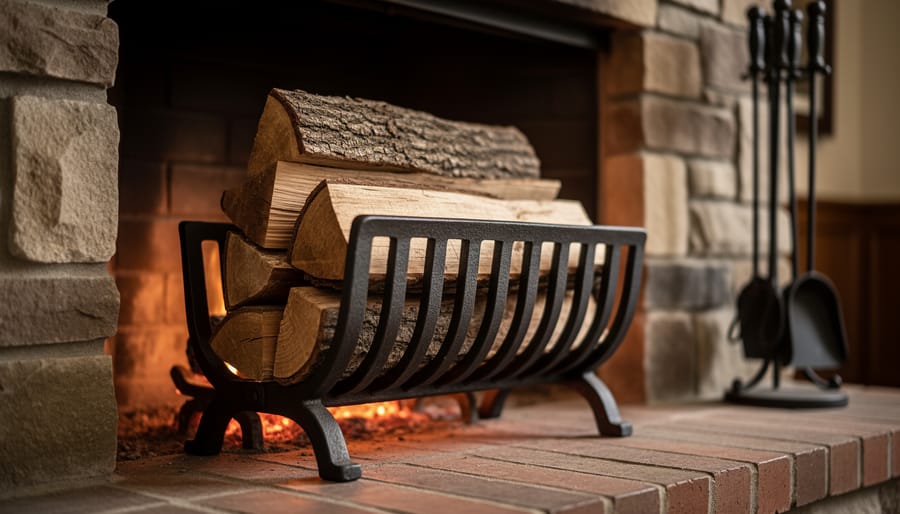Have you ever wondered whether home buyers prefer gas or electric stoves? It’s a question that may not have crossed your mind, but it is an important one nonetheless.
Whether buying your first home or moving across the country, choosing the right stove can make it much easier to settle in and enjoy cooking at home. This article will explore why gas stoves are so popular among buyers today and how they differ from their electric counterparts.
Electric Stoves
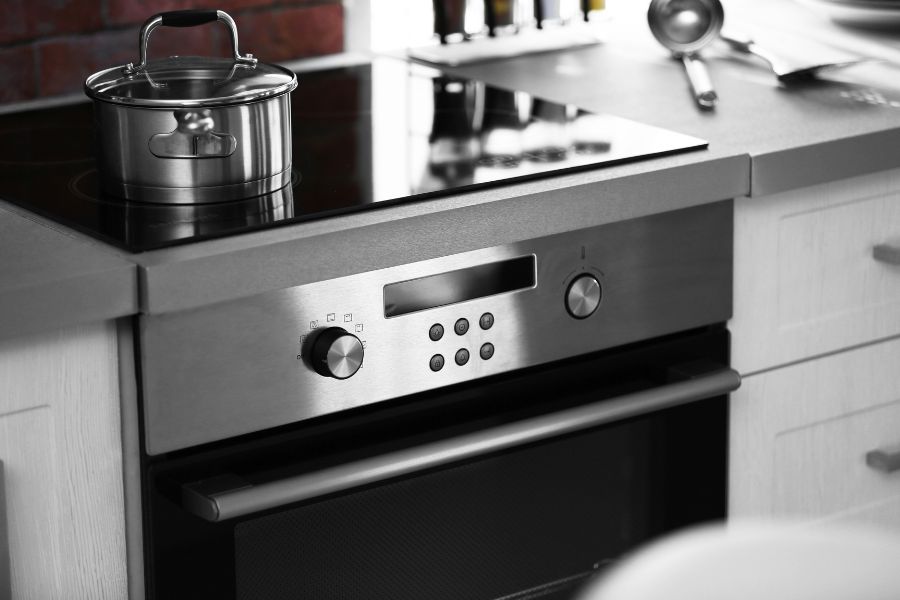
Electric stoves are more efficient, cheaper, and easier to clean and use. They are also quieter and safer than gas stoves. The only downside is that they don’t give off the same heat as a gas stove, but that’s not necessarily bad!
Electric stoves are also versatile because they have different settings (like convection mode) that allow you to cook foods at different temperatures. If you want food done faster or slower at different times during your meal prep, using an electric stove will be better for your needs.
Gas Stoves
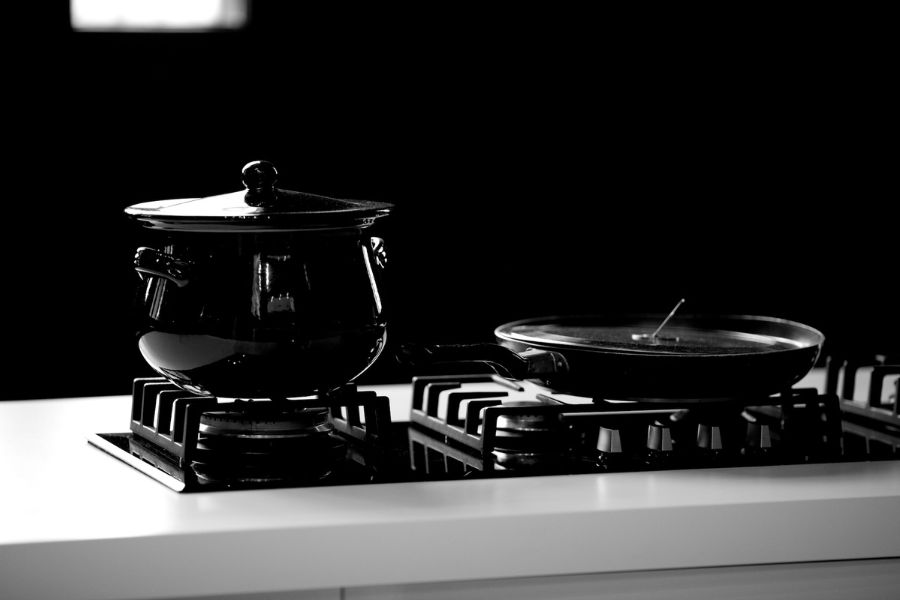
Gas stoves are more energy-efficient and more durable. Their faster heating time is a big plus for those who like to cook quickly, and they are also easier to clean than electric models.
However, gas stoves can be more expensive upfront in terms of purchase and installation costs. Most gas ranges require professional installation.
Many homes don’t have enough ventilation or exhaust ducting for a range that vents through the wall or floor. This means you will need an exterior vent hood that may be difficult or expensive to install.
Best Stove Features for Home Cooking
Also, gas stoves are not always the best for baking. If you plan on making a lot of baked goods, an electric stove may make more sense since it can adjust temperatures faster than a gas one.
In addition to this, electric stoves are easier to clean because they don’t have any exposed flames or hot surfaces that could be difficult to scrub down later on.
Electric stoves are also more energy efficient than gas ones. They will save you money over time by using less power and heating your kitchen less quickly.
Finally, if you don’t have a lot of room in your kitchen (or want something small), then an electric oven will likely fit better into the space allotted for cooking appliances than a large-scale gas stovetop would.
Gas Stoves Are a Bit More Likely to Be Preferred Than Electric Stoves
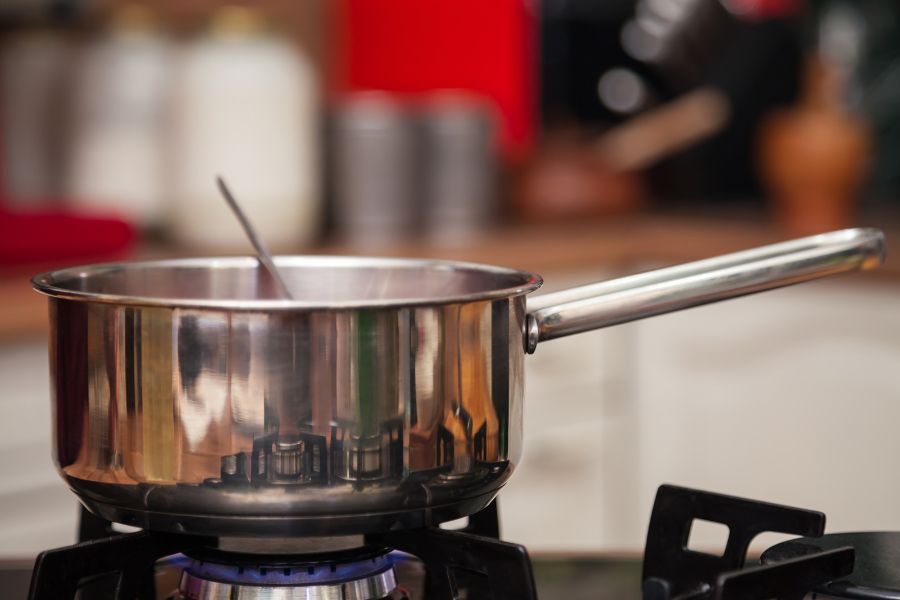
Gas stoves are the preferred choice for home buyers. This is because gas stoves are more efficient and cost less money in the long run than electric ones. They also allow you to cook larger meals quickly, which is essential when it comes to feeding your family or hosting dinner parties.
Electric stoves are less expensive upfront. However, they can cost more energy usage over time since they don’t burn as efficiently as their counterparts.
Additionally, many people prefer not to have an open flame inside their homes due to safety concerns, but this isn’t an issue if a professional has safely installed your cooking appliance!
Gas Stoves Are Expensive, but You Can Save on Fuel
Gas stoves are more expensive than electric ones, but you can usually recoup the extra expense in fuel savings. They are also more efficient than electric stoves, requiring less cooking time.
In other words, if you are making a meal that requires 15 minutes on an electric stovetop and 30 minutes on a gas stovetop and using both at full blast—you will save money by choosing the gas option.
Additionally, these units last longer than their electrically powered counterparts. Most models have a 10-15 year lifespan, compared with 8-12 years for most electric models.
Electric Stoves Are More Convenient, but They Do Cost More to Operate
The convenience of electric stoves is a big selling point for many people. They are easy to install, and you don’t need to worry about gas lines or propane tanks. Plus, you can turn the dial on an electric stove and have it heating up in no time—no waiting for water to boil!
But despite all this convenience, electric stoves are often more expensive than gas stoves. They cost more initial money; they cost more in energy bills each month (electricity is pricier than natural gas). They will eventually wear out after years of use. At the same time, their cheaper counterparts will likely last longer.
Do Gas Stoves Last Longer Than Electric Stoves
When buying a new stove, you must consider more than just price and style. You also have to think about how long the appliance will last.
While gas stoves are slightly more expensive than electric ones, they are often worth it because they last longer and provide more energy efficiency over time.
Gas Stoves Tend to Last Longer Than Electric Ones
You may be surprised to learn that gas ovens last longer than electric ones. They are more durable, with a thicker casing and better insulation.
They also tend to be more energy efficient, which means you can save money on your utility bills if you use a gas stovetop or oven instead of an electric one.
Manufacturer’s Warranties
Gas stoves will typically last longer than electric stoves. However, you may not be able to take advantage of a long-term warranty if you buy your stove online or at a discount store.
Some manufacturers only offer one-year warranties on their products, and some companies make it hard to get repairs done without paying for shipping or labor costs.
In addition, many warranties are limited in scope and don’t cover things like spills or accidents that happen while cooking.
If Your Gas Stove Goes Out Prematurely, Replace It
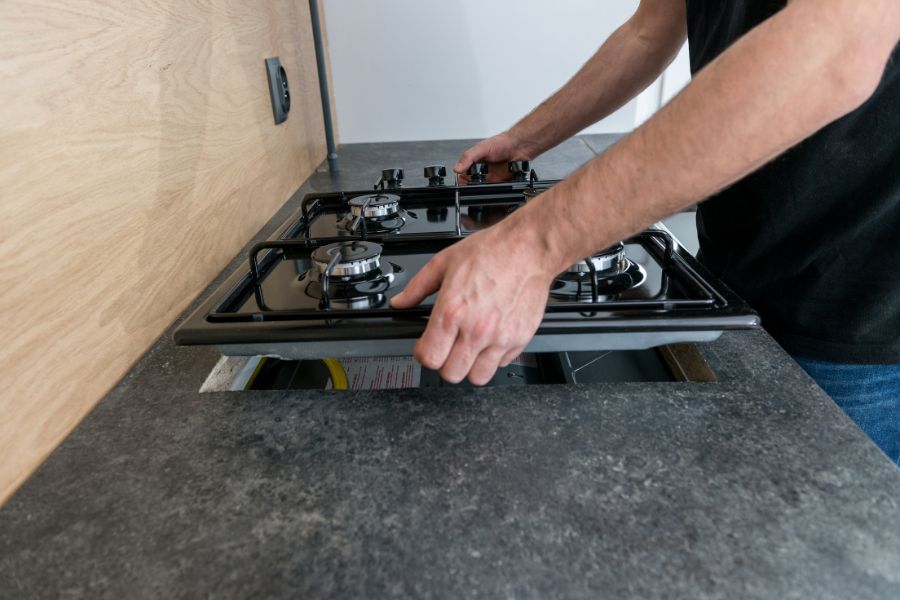
If you decide to upgrade, there are some things to remember about gas stoves. First, how long will it last? Gas stoves typically last longer than electric ones because they run on a more durable fuel source.
Second, what’s the maintenance cost? Gas stoves are easier to maintain than electric ones because of their natural fuel source. Electricity is more expensive and tends to break down if not used appropriately.
Finally, how much time will I have on my hands if something happens? Suppose your old stove or oven breaks down prematurely or becomes too expensive to repair after years of use (or when something goes wrong).
In that case, you may want to consider upgrading sooner rather than later so you can get back into the kitchen without having any extra work on your plate!
Gas Stoves Are Efficient
Gas stoves are more efficient than electric stoves because they use a natural energy source to heat the burners. Because gas is constantly flowing through the stove, there’s no need to wait until it reaches its peak temperature before cooking or heating your home.
Gas stoves are ideal for cooking if you regularly rely on high-heat settings. They also tend to have larger grates than electric models, which makes them better for those who want more space for panning.
If baking is how you earn your living or something you often do at home, an electric range might be best since these ranges tend to produce an even heat that can help create better results in your kitchen adventures.
The downside is that gas appliances are more expensive than electric ones (though not always). So you may pay more upfront to save money down the road. Also, some manufacturers offer warranties that extend beyond their standard one-year warranty.
Be careful when reading through these fine print terms and conditions since they often include conditions such as “gas leaks.” If your gas stove or oven breaks down suddenly after little use, this could indicate an issue with its construction quality and warrant replacement rather than repair work
Gas Stove Or Electric Stove
So, which is better?
Well, it depends on what you are looking for in a stove. Electric stoves are more likely preferred by people who want something easy to clean and don’t require too much maintenance. On the other hand, gas stoves give more control over your food’s temperature and heat distribution, which can also be great for baking cakes or pies!
If you are not interested in investing in a gas stove, it might be better to stick with an electric range. But if you want more power and control over the cooking process, then go ahead and buy the best model available.
Also Read: Why Do Chefs Like Gas Stoves?

